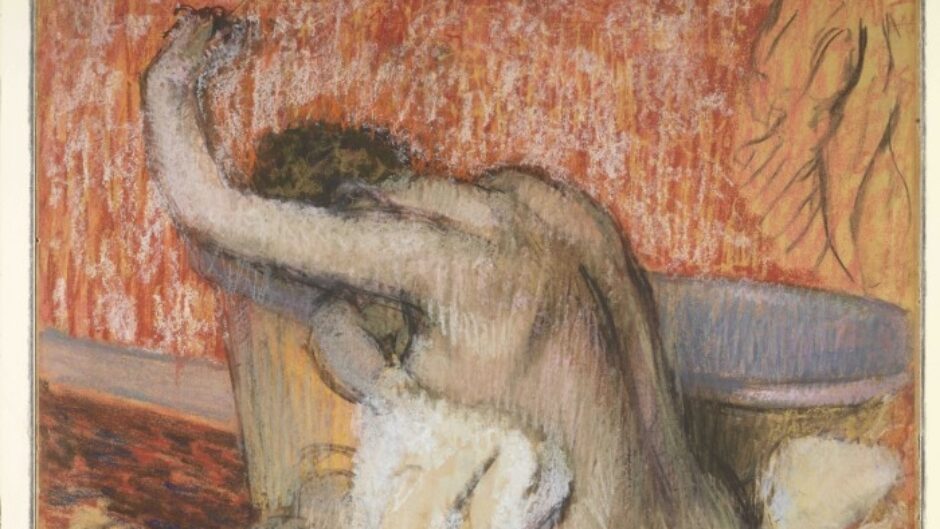Autumn term
Tuesday 3 October – Tuesday 5 December 2023, 19:00
On campus
OR
Wednesday 11 October – Wednesday 13 December 2023, 20:00 [London time]
Online
This series of lectures explores the representation of everyday life in Western art from the sixteenth to the early twentieth centuries.
Compared with the narrative complexities and learned references of history painting, the art of everyday life appears uncomplicated, and itself often contributed to the fiction of an unmediated representation of the ‘here and now’. Particularly in the early modern period, this art was widely characterised by an exceptional naturalism, or even illusionism that signalled authenticity to the viewer, suggesting that the depiction faithfully reflected the actuality of its real-world referents. On closer inspection, we see that many of these works are in fact underpinned by sophisticated artistic strategies, and variously contain symbolism, rhetorical flourishes, moral messages, and provocations to the viewer. Possessing considerable ideological heft, such art contributed to wider contemporary debates about the poor, the place of women in society, ‘modernity’, industrialisation and urbanisation, and other important contexts to be explored by our lecturers.
Part of our fascination with the art of everyday life is based on its inherent contradictions: for much of its history it depicted ‘low’ subjects with extraordinary painterly skill, and its humble status within the academic hierarchy of art genres belied its evident appeal to elite audiences.
Among many others, our series will consider works by Pieter Bruegel the Elder; Caravaggio; Annibale Carracci; Judith Leyster; Johannes Vermeer; Jacques Callot; Georges de la Tour; the Brothers Le Nain; Jean-Antoine Watteau; Jean-Baptiste Greuze; Jean Siméon Chardin; William Hogarth; David Wilkie; Honoré Daumier; Gustave Courbet; Jean-François Millet; Édouard Manet; Berthe Morisot; Mary Cassatt; Edgar Dégas, Henri de Toulouse-Lautrec, and Edward Hopper.
The lectures will be delivered by Dr Sheila McTighe, Dr Anne Puetz, Professor David Solkin, Dr Lois Oliver, Dr Charlotte de Mille and Dr Louis Shadwick. Moderator: Dr Anne Puetz.
Course delivery details
This programme is delivered both on campus and online.
On-campus course delivery: lectures are at our Vernon Square campus at 19:00, followed by discussion and drinks, pre-course and further reading, and handout materials on our Virtual Learning Environment.
Online course delivery: this online lecture series consists of pre-recorded lectures, released weekly over 10 weeks, and each viewable for a fortnight; pre-course and further reading, handout materials and a discussion forum on our Virtual Learning Environment; live Q&As for each lecture, delivered via Zoom on Wednesdays at 20:00 [London time].






